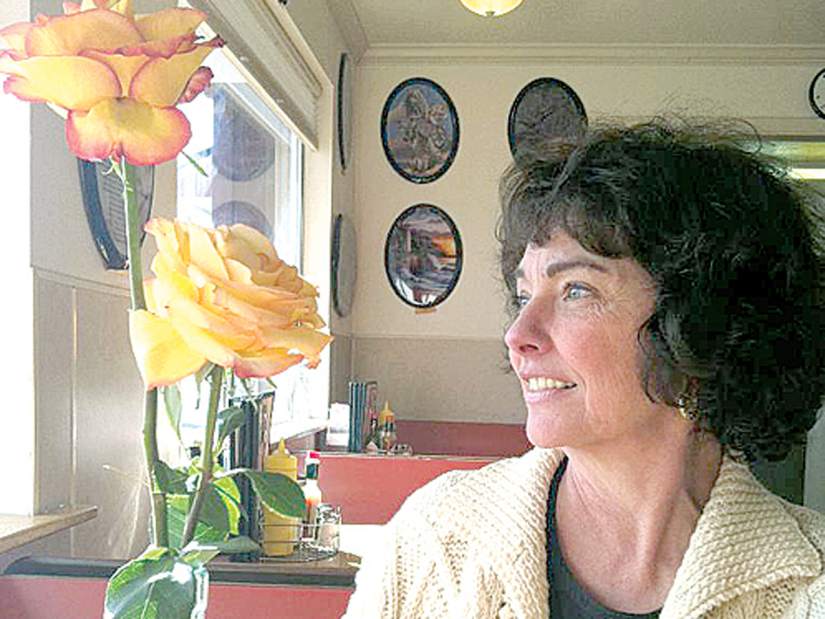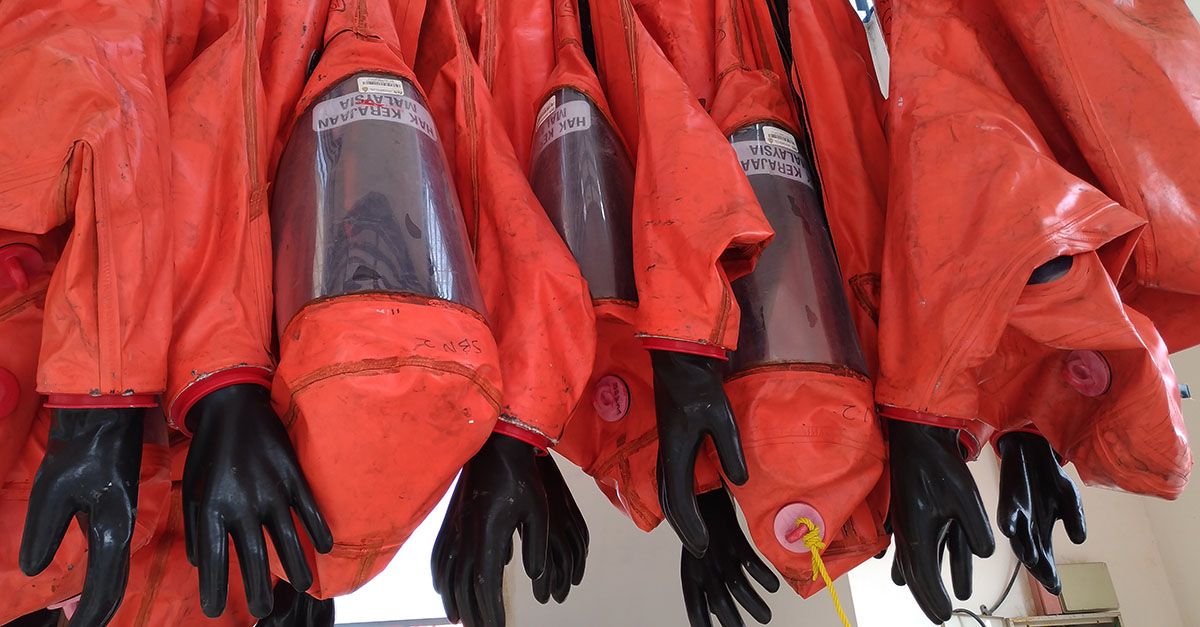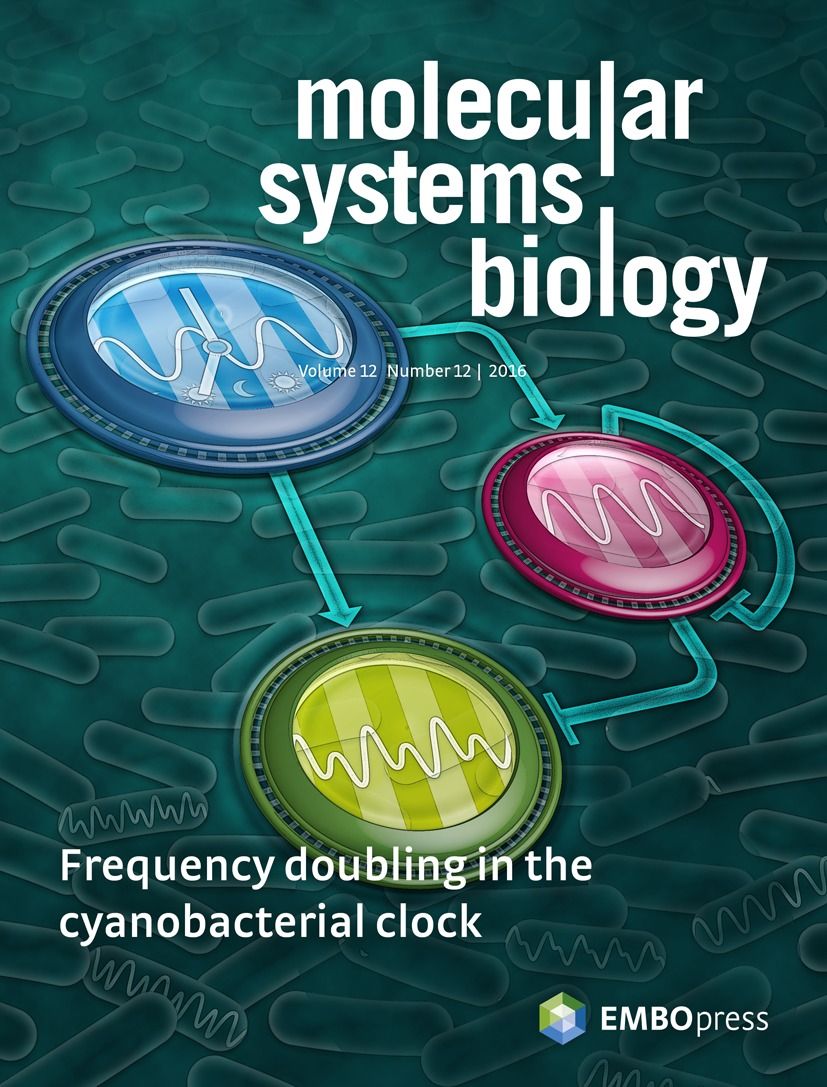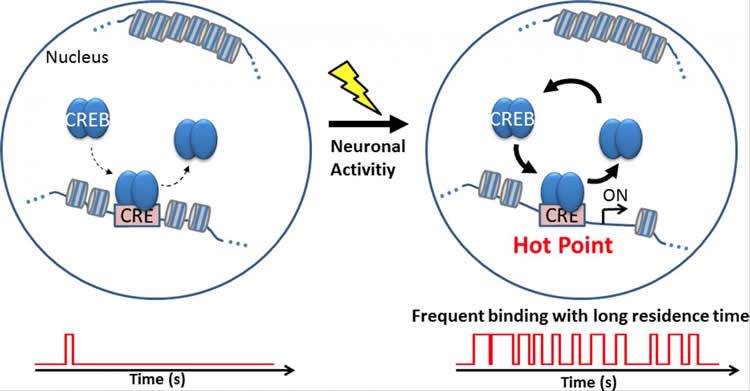Page 10353
Some technological trends fizzle out while others overturn everything. Author Amy Webb explains how she discerns which ones will go in which direction.
Dec 29, 2016
Man suffering from ALS creates home electronic automation system that uses eye movement and brain waves
Posted by Karen Hurst in categories: biotech/medical, robotics/AI
Nice.
(NaturalNews) A diagnosis of amyotrophic lateral sclerosis (ALS), commonly known as Lou Gehrig’s disease, was once considered a death sentence, but advanced automation technology is offering new hope to sufferers of the rare condition.
Most ALS patients eventually face an extremely difficult choice: either die from the lack of ability to breathe once the disease progresses or undergo a tracheostomy and spend the rest of one’s life on a ventilator – unable to move or speak.
Dec 29, 2016
Portrait of the artist may help diagnosis of brain diseases
Posted by Karen Hurst in categories: biotech/medical, neuroscience
Some of the most famous artists in history may have left subtle clues to brain disease in their work, scientists have found.
Dec 29, 2016
An AI ‘Brain’ Is Micro-Managing Staff At World’s Largest Hedge Fund
Posted by Karen Hurst in categories: finance, information science, robotics/AI
Bridgewater Associates is algorithmically modeling its founder’s principles to hire, fire and direct employees.

Dec 29, 2016
Cells dripped into brain help fight a deadly cancer
Posted by Karen Hurst in categories: biotech/medical, neuroscience
A man with deadly brain cancer that had spread to his spine saw his tumors shrink and, for a time, completely vanish after a novel treatment to help his immune system attack his disease — another first in this promising field.
The type of immunotherapy that 50-year-old Richard Grady received already has helped some people with blood cancers such as leukemia. But the way he was given it is new, and may allow its use not just for brain tumors but also other cancers that can spread, such as breast and lung.
Grady was the first person to get the treatment dripped through a tube into a space in the brain where spinal fluid is made, sending it down the path the cancer traveled to his spine.
Continue reading “Cells dripped into brain help fight a deadly cancer” »
Dec 29, 2016
Mixing biology with technology: what could possibly go wrong?
Posted by Karen Hurst in categories: biological, security
Biology and technology are moving closer and experts are wondering if this poses a new security threat.
Dec 29, 2016
Model‐guided combinatorial optimization of complex synthetic gene networks
Posted by Karen Hurst in categories: bioengineering, biological, genetics
Constructing gene circuits that satisfy quantitative performance criteria has been a long‐standing challenge in synthetic biology. Here, we show a strategy for optimizing a complex three‐gene circuit, a novel proportional miRNA biosensor, using predictive modeling to initiate a search in the phase space of sensor genetic composition. We generate a library of sensor circuits using diverse genetic building blocks in order to access favorable parameter combinations and uncover specific genetic compositions with greatly improved dynamic range. The combination of high‐throughput screening data and the data obtained from detailed mechanistic interrogation of a small number of sensors was used to validate the model. The validated model facilitated further experimentation, including biosensor reprogramming and biosensor integration into larger networks, enabling in principle arbitrary logic with miRNA inputs using normal form circuits. The study reveals how model‐guided generation of genetic diversity followed by screening and model validation can be successfully applied to optimize performance of complex gene networks without extensive prior knowledge.
Dec 29, 2016
Novel Insights Into Neuronal Activity-Dependent Gene Expression
Posted by Karen Hurst in category: neuroscience
Summary: A new study explores how neural activity influences CREB dynamics.
Source: Osaka University.
Neuronal activity mediates the formation of neuronal circuits in the cerebral cortex. These processes are regulated by the transcription factor CREB, which regulates gene expression in neuronal activity-dependent processes. Neuronal activity enhances CREB-mediated transcription but the mechanisms remain unclear. CREB binds to a cAMP response element (CRE) in the promoter region of its target genes. Assembly and disassembly of CREB-CRE interactions control spatiotemporal gene expression in the nucleus. However, how CREB interacts with CRE in activity-dependent mechanisms is not known.
Dec 29, 2016
DARPA’s ALIAS aircraft automation program spreads its wings
Posted by Karen Hurst in categories: military, robotics/AI
The age of widespread autonomous flight came another step closer as DARPA announced its Aircrew Labor In-Cockpit Automation System (ALIAS) has completed Phase 2 of its development program. The drop-in, removable kit designed to convert conventional aircraft into advanced automated vehicles requiring fewer crew was installed in two different Cessna 208 Caravan fixed-wing aircraft, a Diamond DA-42 fixed-wing aircraft, and a Sikorsky S-76 helicopter.
According to DARPA, the ALIAS-equipped aircraft successfully completed flight demonstrations as well as responding to simulated flight emergencies while on the ground that included systems failures that could cause pilots to deviate from normal procedures. In both cases, the agency says that ALIAS worked without adversely affecting airworthiness.
ALIAS is intended as a way of automating various military aircraft without making bespoke modifications to each individual plane design. The idea is to develop a kit that can be installed in the cabin of an aircraft, where it can take control and fly missions from takeoff to landing as well as handling emergencies based on existing vehicle information, procedures, and flight mechanics.

















